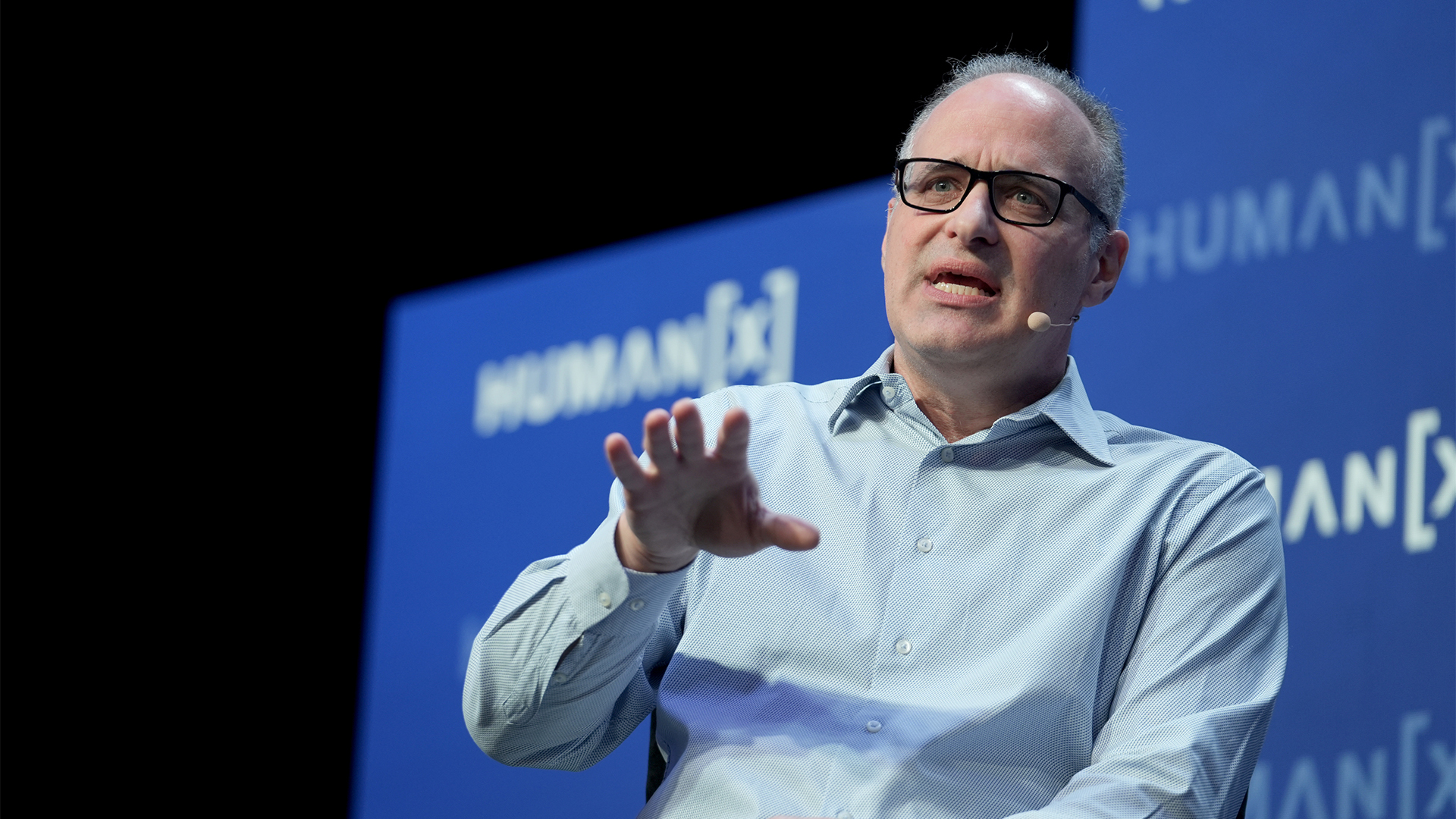Tim Berners-Lee: How we can win back the web
The public must reject misinformation and keep control of their own data


Tim Berners-Lee, inventor of the World Wide Web, has expressed concern about the way the internet is being used and how it can fulfill its "true potential" as a tool that can help everyone, not just those who want to farm data about the world's citizens.
In a Guardian exclusive, Berners-Lee highlighted three trends he thinks are having a detrimental effect on the web.
The first problem he has identified is companies taking personal data in return for very little that benefits the end user. Although people are happy to share their data in return for a freebie, that doesn't make it right for businesses to own the public's data and keep it out of sight in "proprietary silos".
"Through collaboration with or coercion of companies, governments are also increasingly watching our every move online and passing extreme laws that trample on our rights to privacy," Berners-Lee wrote. "In repressive regimes, it's easy to see the harm that can be caused bloggers can be arrested or killed, and political opponents can be monitored."
He said this may be an extreme example, but that even in more democratic countries, such as the UK, governments are increasingly monitoring citizens all the time and encroaching on human rights. It creates a "chilling" effect on free speech, he said, and means the web is no longer a place where people can safely explore important topics such as sensitive health issues, sexuality or religion.
Berners-Lee also referred to the dangers of misinformation or "fake news", which spreads rapidly across the Web because social networks and search engines have made it too easy to automate news distribution.
"Through the use of data science and armies of bots, those with bad intentions can game the system to spread misinformation for financial or political gain," he noted.
Sign up today and you will receive a free copy of our Future Focus 2025 report - the leading guidance on AI, cybersecurity and other IT challenges as per 700+ senior executives
These tactics are being used for political advertising, he said, with politicians using data and the fact the public gets most of its news from just two sources social media and search engines to target political advertising campaigns at the vulnerable.
"One source suggests that in the 2016 US election, as many as 50,000 variations of adverts were being served every single day on Facebook, a near-impossible situation to monitor," Berners-Lee said.
The solution to this, Berners-Lee said, is to work with web companies to ensure people can control their own data, while fighting against data surveillance laws. It's also everyone's responsibility to push back against search engines and social networks to make sure they come up with ways to stop the spread of misinformation.
"We need more algorithmic transparency to understand how important decisions that affect our lives are being made, and perhaps a set of common principles to be followed," he concluded.
"It has taken all of us to build the web we have, and now it is up to all of us to build the web we want for everyone."

Clare is the founder of Blue Cactus Digital, a digital marketing company that helps ethical and sustainability-focused businesses grow their customer base.
Prior to becoming a marketer, Clare was a journalist, working at a range of mobile device-focused outlets including Know Your Mobile before moving into freelance life.
As a freelance writer, she drew on her expertise in mobility to write features and guides for ITPro, as well as regularly writing news stories on a wide range of topics.
-
 Microsoft unveils Maia 200 accelerator, claiming better performance per dollar than Amazon and Google
Microsoft unveils Maia 200 accelerator, claiming better performance per dollar than Amazon and GoogleNews The launch of Microsoft’s second-generation silicon solidifies its mission to scale AI workloads and directly control more of its infrastructure
-
 Infosys expands Swiss footprint with new Zurich office
Infosys expands Swiss footprint with new Zurich officeNews The firm has relocated its Swiss headquarters to support partners delivering AI-led digital transformation
-
 Thousands of Microsoft Teams users are being targeted in a new phishing campaign
Thousands of Microsoft Teams users are being targeted in a new phishing campaignNews Microsoft Teams users should be on the alert, according to researchers at Check Point
-
 Microsoft warns of rising AitM phishing attacks on energy sector
Microsoft warns of rising AitM phishing attacks on energy sectorNews The campaign abused SharePoint file sharing services to deliver phishing payloads and altered inbox rules to maintain persistence
-
 Warning issued as surge in OAuth device code phishing leads to M365 account takeovers
Warning issued as surge in OAuth device code phishing leads to M365 account takeoversNews Successful attacks enable full M365 account access, opening the door to data theft, lateral movement, and persistent compromise
-
 Amazon CSO Stephen Schmidt says the company has rejected more than 1,800 fake North Korean job applicants in 18 months – but one managed to slip through the net
Amazon CSO Stephen Schmidt says the company has rejected more than 1,800 fake North Korean job applicants in 18 months – but one managed to slip through the netNews Analysis from Amazon highlights the growing scale of North Korean-backed "fake IT worker" campaigns
-
 Complacent Gen Z and Millennial workers are more likely to be duped by social engineering attacks
Complacent Gen Z and Millennial workers are more likely to be duped by social engineering attacksNews Overconfidence and a lack of security training are putting organizations at risk
-
 Hackers are abusing ConnectWise ScreenConnect, again
Hackers are abusing ConnectWise ScreenConnect, againNews A new spear phishing campaign has targeted more than 900 organizations with fake invitations from platforms like Zoom and Microsoft Teams.
-
 The Allianz Life data breach just took a huge turn for the worse
The Allianz Life data breach just took a huge turn for the worseNews Around 1.1 million Allianz Life customers are believed to have been impacted in a recent data breach, making up the vast majority of the insurer's North American customers.
-
 A new, silent social engineering attack is being used by hackers – and your security systems might not notice until it’s too late
A new, silent social engineering attack is being used by hackers – and your security systems might not notice until it’s too lateNews Security researchers have warned the 'FileFix' technique, which builds on the notorious 'ClickFix' tactic, is being used in the wild by threat actors.